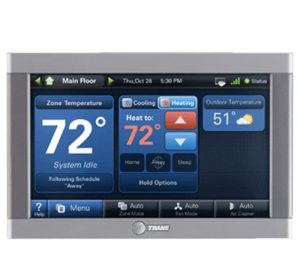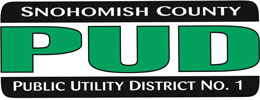What to Expect During Freezing Weather
We Want to Keep You Staying Cozy!
As this may be your first winter freeze with a heat pump, we created this email so you wouldn’t be concerned with how it reacts to freezing temperatures!
Heat pumps will turn off and leave the heating to your furnace system at about 35 degrees. We are expected to go as low as 21 degrees this week! You may find some different smells and noises from your system as it converts over to the freezing temperature modes.
Identifying Furnace Smells
The Dusty Burning Smell
The smell of burning dust inside your furnace is one of the most common. In fact, most homeowners that have ever experienced a furnace problem report this smell at one point or another. If you’re just turning your furnace on for the first time this winter, chances are it’s burning away any dirt and dust that accumulated inside. This is very normal and you will generally notice that the smell goes away within a few hours.
However, if the dusty burning smell from the furnace doesn’t dissipate quickly after turning your furnace on for the first time in winter, there are some easy things you can do on your own to try and fix it. The first is to make sure the air filter in your furnace is clean and up to date. If you’re not sure, your best bet is to replace the air filter. We suggest keeping a log to help you maintain it as frequently as suggested by your furnace manufacturer.
If time doesn’t get rid of the dusty burning smell and replacing your air filter doesn’t either, you may need to make a call for service. It could be a serious problem with your unit or you could simply need a deep cleaning that you won’t be able to take care of on your own.
The Rotten Egg Smell
The smell of rotten eggs isn’t exactly pleasant, but in the case of your furnace, it should make things relatively easy to identify. Most often, a rotten egg smell coming from your furnace indicates that you have a gas leak. This could cause an explosion or fire in your house since you have gas in the air. If you’re near the furnace, go ahead and turn it off as soon as possible and open up windows to allow clean airflow. Then call your gas company and us for immediate support!
Electrical or Metallic Smells
For the homeowner, electrical smells and metallic smells are generally distinct or stand out, as they don’t occur frequently. If you detect electrical smells coming from your furnace, it’s typically an indication that certain components on the inside are getting too hot. If electrical smells come with a furnace that randomly shuts itself off, it’s likely a protective mechanism that won’t allow the furnace to run anymore and you’ll need to call us for service immediately to use the furnace.
Mechanical smells in your furnace may also indicate that certain parts on the inside that are made of rubber or metal are burning due to old age and general wear and tear. These parts will need to be replaced, but this is generally a minor repair.
Dealing with Icy Conditions
What if the Heat Pump Has Ice on It?
Ice begins to form on the heat exchanger of the outdoor unit when outside temperatures reach freezing levels. When this happens, your heat pump enters defrost mode to thaw the ice. This keeps the unit operating at maximum efficiency and prevents damage to the equipment. The defrost cycle typically lasts about 10 minutes.
The cycle shouldn’t defrost more often than every 30 minutes, but will likely need several cycles to keep running properly as temperatures stay freezing. If your system is not defrosting, or the cycle restarts immediately with no break, you can call us to diagnose any problems.
Are Frozen Condensate Lines a Concern?
With temperatures dropping, freezing condensate lines are more common with high-efficiency equipment. When freezing happens, most HVAC systems are designed to shut off completely, leaving homeowners scrambling for a solution. Fortunately, a major repair may not be necessary as thawing the frozen drain lines should fix the issue.
Depending on the conditions, there are a few ways homeowners can prevent this situation from happening. That doesn’t mean the condensate lines are guaranteed to never freeze though. Here are a few suggestions:
- Insulate drain with a weatherproof material
- Use Ice Melt underneath the drain line exit point
- Install heat tape around the exposed pipe
Although there are many solutions to fix a frozen drain line, we suggest calling one of our trained professionals to properly defrost the line and ensure there is no major damage to your HVAC system or any necessary repairs.
If you are concerned about your heating system, call now to book a free comfort consultation.







